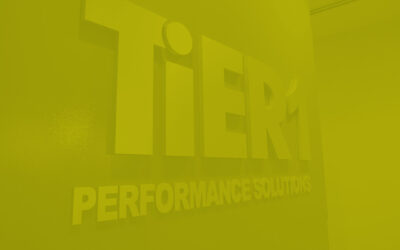How to Work (and Live) Better Through Gratitude
I’m a big fan of Mad Men, the TV series set in a 1960s Madison Avenue ad agency. In one of my favorite episodes, copywriter Peggy is feeling unappreciated by her demanding boss, Don. Frustrated by his lack of gratitude for her good work, she argues, “But you never say thank you!” To which Don yells, “That’s what the money’s for!”
True, some bosses wonder why they need to do more than pay their employees in exchange for doing their jobs. But gratitude isn’t about money. Taking the time to tell employees how much they’re appreciated is critical. Many of us understand the importance of gratitude and even feel grateful—but at most workplaces, we’re not showing our gratitude as often or as well as we could.
Why showing gratitude matters.
It’s important to employees. Everyone wants to feel appreciated, especially at work. After surveying employees from over 40,000 organizations for 10 years, Energage (formerly WorkplaceDynamics) found that feeling appreciated is the second-most important factor to employees (outranked only by whether employees think their organization is headed in the right direction).
It’s good for you. The receiver of thanks isn’t the only one who benefits—it’s good for the giver, too. According to researchers at Yale University, “more than any other personality trait, gratitude is strongly linked to mental health and life satisfaction.” There are physical benefits, too: “People who experience gratitude cope better with stress, recover more quickly from illness, and enjoy more robust physical health, including lower blood pressure and better immune function.”
It’s good for your company. Feeling valued makes people happy. And happy employees are more engaged, like their jobs better, and are more productive—which means higher retention, as well as reduced recruiting, hiring, and training costs for your organization.
How to express your thanks.
So how can you express your gratitude in a way that’s meaningful? Here are a few tips:
- Be genuine. You don’t have to write a perfectly crafted speech or email to thank someone. In fact, don’t. The more natural and heartfelt, the better.
- Be timely. Offer your thanks whenever employees do something worthy of it. Don’t wait for a project to wrap up or for the annual recognition dinner, when it won’t seem as genuine (see above).
- Be specific. “Thanks for your hard work” isn’t very memorable. Include some details. Did an employee perform a task or complete a project that was outside their comfort zone? Tell them you appreciate their willingness to stretch. What about an employee whose work was important to the big picture? Thank them for contributing to a critical initiative or the mission of your organization. The clearer you can be about your thanks, the more meaningful it will be.
We are less likely to express gratitude at work than anywhere else in our lives. Let’s change that. And while we’re at it, let’s start thanking our peers and bosses, too. It doesn’t take a lot of effort, and the benefits are enormous.
Want to connect with Kris? Give us a call at (859) 415-1000 or drop us a line in the form at the bottom of this page, and we’ll put you in touch with her.




